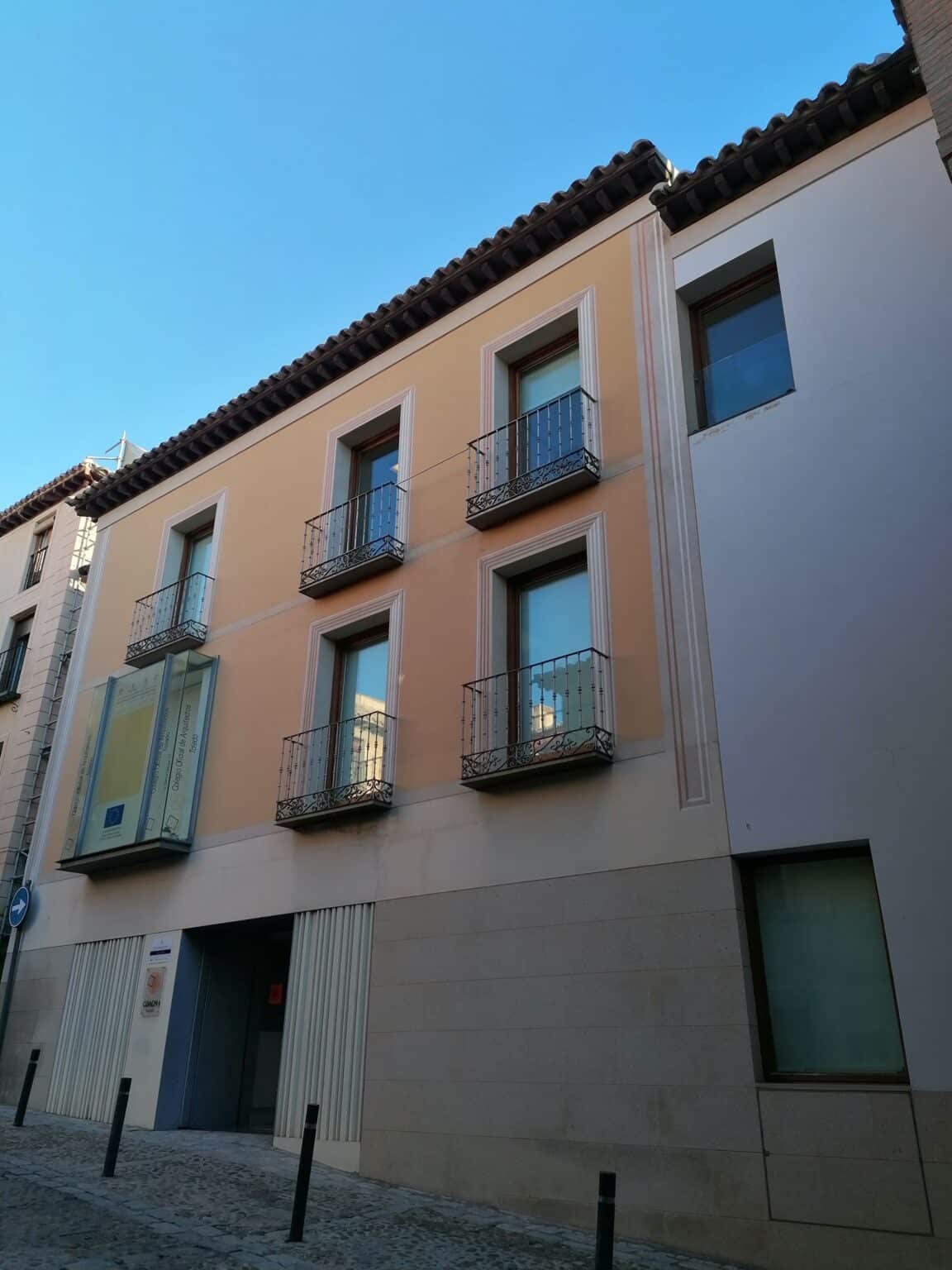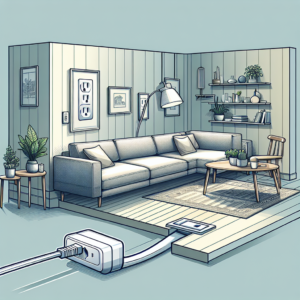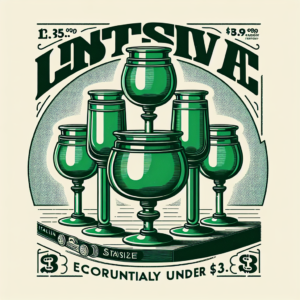The Official College of Architects of Castilla-La Mancha (COACM) has issued a warning about the growing thermal vulnerability of the housing stock in the region, in the context of increasing extreme temperatures due to climate change. The dean of COACM, Elena Guijarro, cautioned that many homes are not prepared to withstand the heat, as they were built without thermal efficiency criteria before 1979.
More than 70% of homes in Castilla-La Mancha were constructed between the 1960s and 1980s, meaning they lack proper insulation design. This issue is exacerbated in cities like Ciudad Real, where urbanization has led to the loss of green areas, creating what are known as heat islands by replacing vegetation with pavement and concrete. José Antonio González Baos, president of the Ciudad Real demarcation of COACM, emphasized the negative impact of this transformation on spaces that once provided shade.
To address these challenges, COACM proposes three lines of action: architectural design, energy rehabilitation, and an urban approach that prioritizes green areas. Guijarro stressed the importance of incorporating traditional measures into design, such as creating porches and cross-ventilation, which not only enhance home comfort but also reduce energy demand. These strategies not only provide economic savings but are also essential for improving the quality of life for residents.
The rehabilitation of buildings constructed before 1980 is presented as one of the main recommendations from COACM. While grants may be helpful, Guijarro argued that the economic benefits and comfort justify the investment in these renovations. Furthermore, urban planning must adapt to climate demands, giving prominence back to green spaces and using materials that do not excessively retain heat.
To facilitate the energy transformation of existing buildings, COACM has created the Rehabilita Office, which provides information, training, and support to both citizens and professionals in the sector. This initiative is especially intended for homeowners with insulation deficiencies and high energy consumption.
Interested individuals can contact the Architects’ College in their province to access information on available assistance and receive the necessary technical support. Specific training is also offered to architects to ensure they can guide homeowners during the rehabilitation process. COACM urgently calls on society and administrations, emphasizing that architecture and planning are crucial in facing the challenges posed by climate change.
via: MiMub in Spanish










